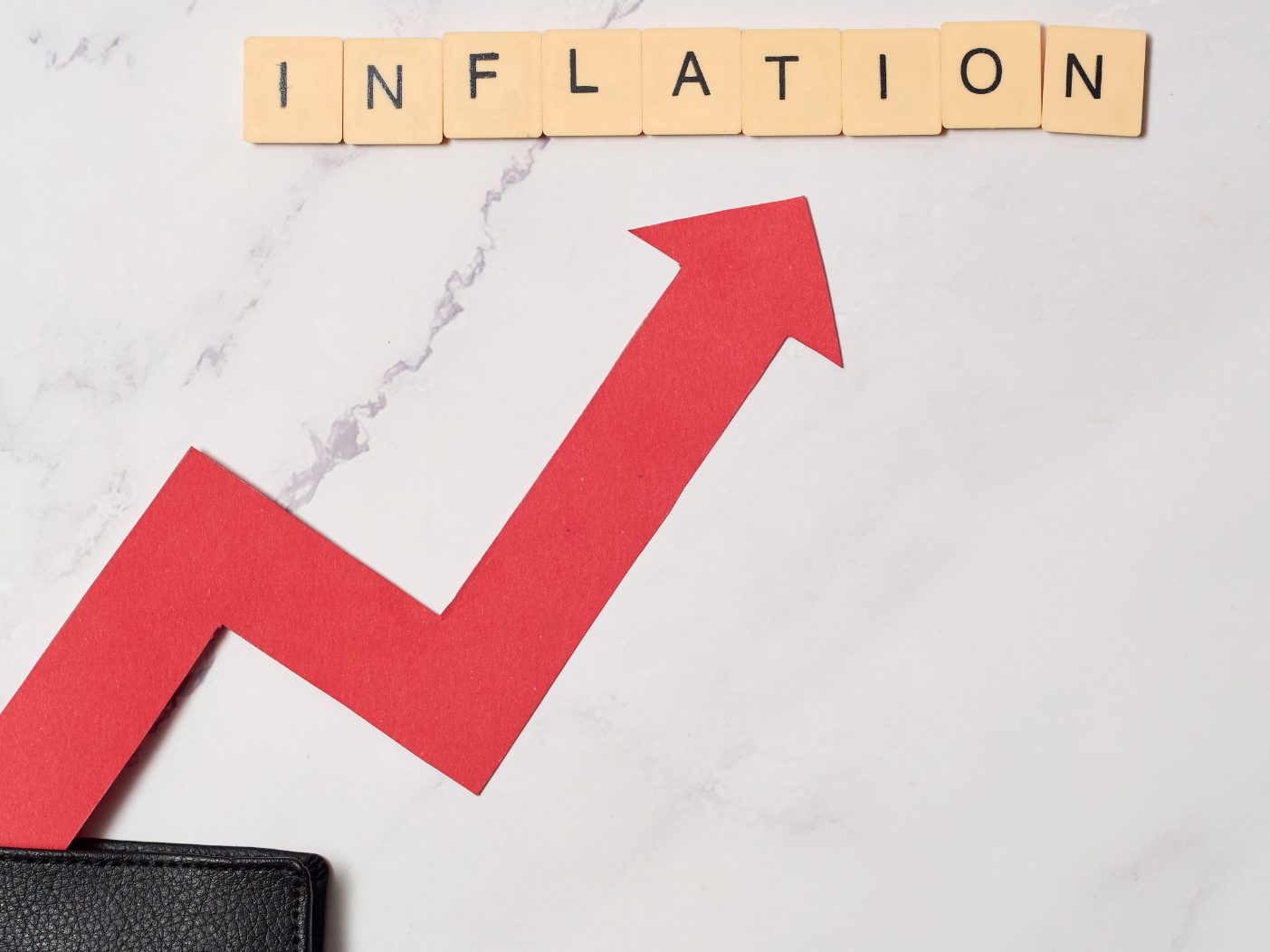Inflation Jumps to 3.2 Percent in January: End of Electricity Price Caps as Main Driver

The removal of government measures to dampen electricity prices significantly drove up inflation in January. Consumer prices increased by 3.2 percent year-on-year. For comparison: in December 2024, inflation was only 2.0 percent. Without the price development in electricity, inflation in January would be at 2.4 percent, according to Statistics Austria on Monday.
"The expiration of the electricity price cap, the increase in network charges for electricity and natural gas, and the raising of renewable energy subsidies and CO2 tax have caused inflation in Austria to rise at the beginning of 2025," explained Statistics Austria Director General Tobias Thomas in a statement. The January inflation figures published on Monday slightly deviated from the initial estimate. At the beginning of February, Statistics Austria had forecasted an inflation of 3.3 percent for January.
![Verbraucherpreisindex (VPI) Jnner, nderung der Verbraucherpreise zum Vorjahr in Prozent, Vernderung in ausgewhlten Bereichen. Quelle: Statistik Austria; Die Auslieferung der APA-Grafiken als Embed-Code ist ausschlie§lich Kunden mit einer gltigen Vereinbarung fr Grafik-Pauschalierung vorbehalten. Dabei inkludiert sind automatisierte Schrift- und Farbanpassungen an die jeweilige CI. Fr weitere Informationen wenden Sie sich bitte an unser Grafik-Team unter […] Verbraucherpreisindex (VPI) Jnner, nderung der Verbraucherpreise zum Vorjahr in Prozent, Vernderung in ausgewhlten Bereichen. Quelle: Statistik Austria; Die Auslieferung der APA-Grafiken als Embed-Code ist ausschlie§lich Kunden mit einer gltigen Vereinbarung fr Grafik-Pauschalierung vorbehalten. Dabei inkludiert sind automatisierte Schrift- und Farbanpassungen an die jeweilige CI. Fr weitere Informationen wenden Sie sich bitte an unser Grafik-Team unter […]](/2025/02/AGD0011-20250224-1.jpg)
The main price drivers compared to the previous year were electricity/total costs (+35.3 percent), flight tickets (+31.3 percent), package holidays (+6.8 percent), apartment rent (+3.9 percent), and cigarettes (+3.5 percent). The relevant price dampeners in January were gas/total costs (-21.7 percent), mobile telephony (-11.4 percent), firewood (-10.9 percent), district heating/total costs (-5.3 percent), and diesel fuel (-2.1 percent).
Austria recorded the ninth highest inflation rate in the European Union in January. The highest increase in the harmonized consumer price index (HCPI) was measured in Hungary (5.7 percent), Romania (5.3 percent), and Croatia (5.0 percent). The lowest inflation rates were recorded in Denmark (1.4 percent), Ireland, Italy, and Finland (each 1.7 percent). Compared to December 2024, annual inflation decreased in eight member states, remained unchanged in four, and increased in fifteen, according to the European statistics agency Eurostat on Monday.
In light of the sharply increased inflation, the FPÖ expressed strong criticism of the ÖVP and the Greens: "Instead of focusing on Austria's interests, the black-green coalition not only prevented urgently needed location policy measures in the interest of the domestic economy and industry, but also accepted the expiration of essential support for Austrians at the end of 2024, thereby taking on additional burdens, especially in the energy sector," said FPÖ Deputy Club Chairwoman and Freedom Party Social Spokeswoman Dagmar Belakowitsch in a statement.
Inflation Was at 2.0 Percent in December 2024
In January, food prices increased slightly more than in December, according to Statistics Austria, yet the price increase here in January was only about half as high as the overall inflation. "In the gastronomy sector, however, inflation was almost twice as strong as the general price increase," said the head of Statistics Austria. Housing, water, and energy experienced a significant inflation (average +4.4 percent) and were once again the main drivers of inflation year-on-year after twelve months.
Restaurants and hotels became more expensive by an average of 5.6 percent compared to the same month last year. Transportation prices rose by 2.4 percent. Food and non-alcoholic beverage prices increased by 2.1 percent.
The micro shopping basket for daily purchases, surveyed by Statistics Austria, increased by 3.7 percent year-on-year in January. The price level of the mini shopping basket, which represents a weekly purchase and includes food, services, and fuels, rose by 3 percent.
(APA/Red)
This article has been automatically translated, read the original article here.





